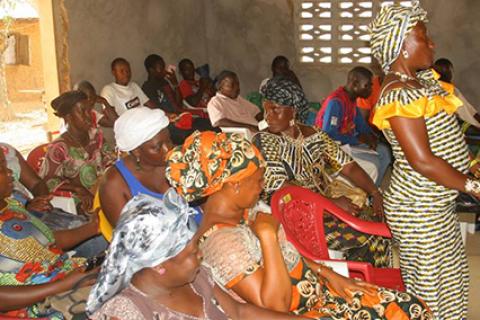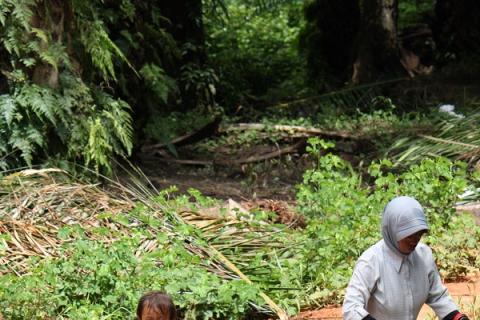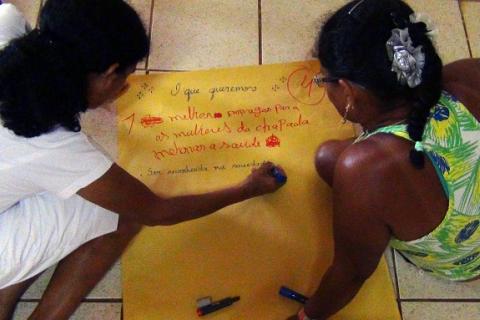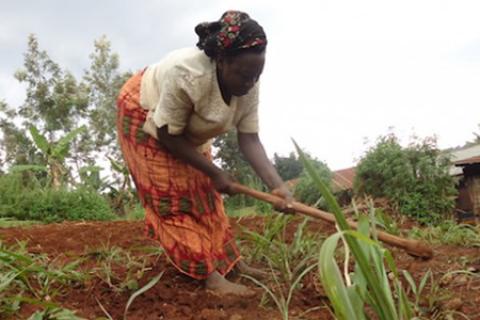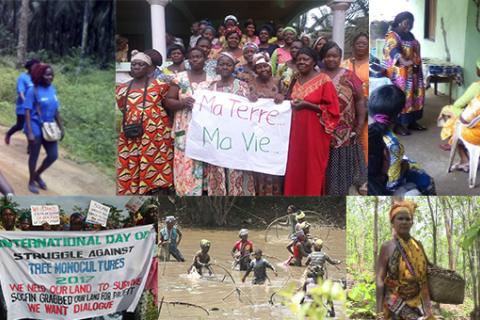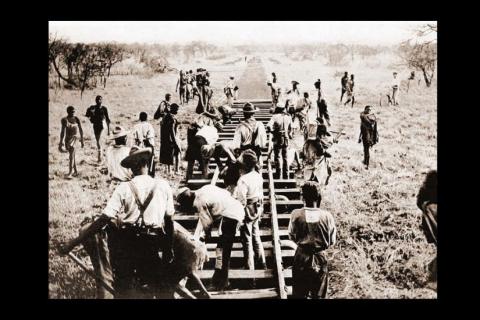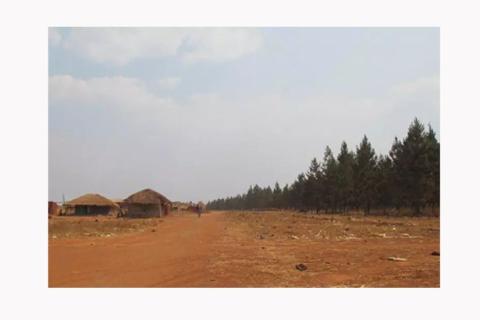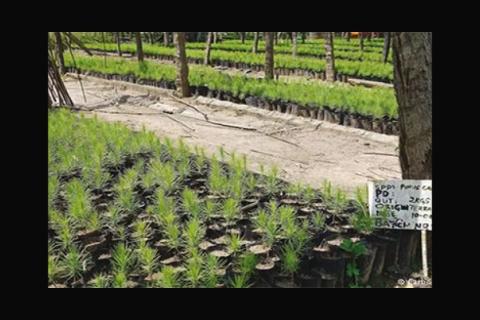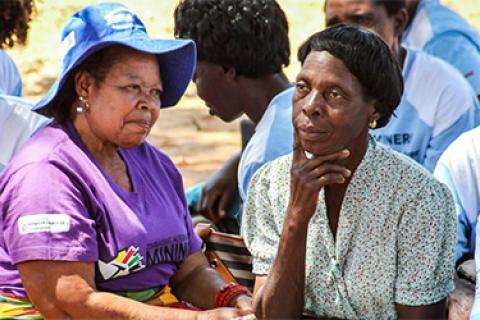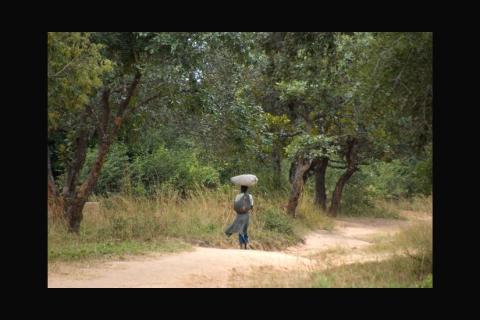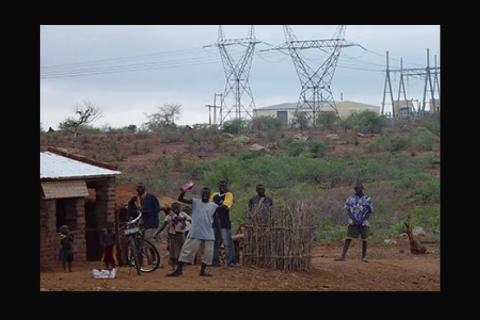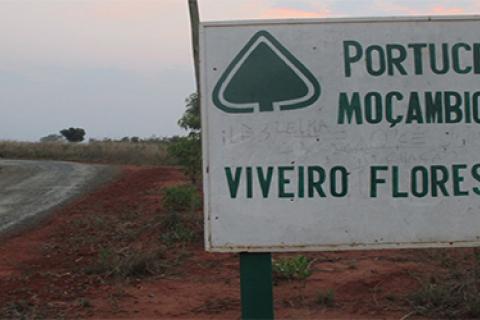The voices and stories of forest-dependent women are often rejected, unheard or silenced, which makes it easier for companies to grab community land. But what happens when they start to raise their voices?
Bulletin articles
Women suffer many types of violence committed by oil palm plantations companies’ employers, security forces, police and military, which subsequently reinforce patriarchy and their roles and relations within society in general. (Available in Indonesian).
The organization and sexual division of labor and job insecurity in single crop activities affect the health of female workers and territorial changes derived from this model of production directly affect women.
Covered under the shade of oil palm companies in Cameroon: A recount of the abuses that women suffer
Plantations are increasingly surrounding and engulfing communities. Women must walk through company-occupied lands in order to seek their livelihoods. This, among other things, can cost them their lives.
Perempuan, Perkebunan Pohon dan Kekerasan: Membangun perlawanan
In order to better understand peoples' struggles across the southern and eastern regions of Africa, reflecting on its history is crucial. This editorial highlights some parts of this history. And this, of course, is just the tip of the iceberg.
Green Resources S.A., a company with mostly Norwegian capital, is considered to be the largest tree plantation company in Africa. The reality on the ground reveals serious land conflicts between the company and local communities, in Mozambique, Uganda and Tanzania. This article reflects the situation in Mozambique.
The devastating impacts of Green Resources’ tree plantation and carbon offset project in Uganda exposes the limits of carbon markets. While villagers carry the social, environmental and other costs of this project by loosing access and control over their land, the company is allowed to profit even more from its destructive plantations, framing them as “carbon sinks”.
The extractivist paradigm in Southern Africa threatens the lives and livelihoods of peasant communities, in particular women and girls: From the Tete Province in Mozambique, where women confront water scarcity and pollution to Zimbabwe’s Marange community, where militarised and often sexualised violence haunts women’s daily lives.
Zambia’s peaceful context and strategic geographical location, combined with a desperate hunger for foreign direct investment, positions the country at the frontline of the global wave of resources grabbing, the crisis of global capital and the capitalisation of climate change
The Programme of Infrastructure Development for Africa (PIDA) was adopted in 2012 with the aim of connecting the continent’s energy, transport, water and communication infrastructure. But what kind of infrastructure does “Africa” really need and who is getting more access with such initiative? This article looks into the hydropower dams proposed for PIDA
Industrial tree plantation projects in Mozambique are gaining more and more ground in processes of land acquisition and dispute. The Portuguese company, Portucel, has a “reforestation” plan through 2026 that aims to cover 356 thousand hectares.
